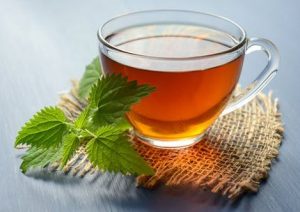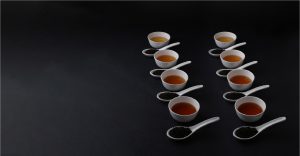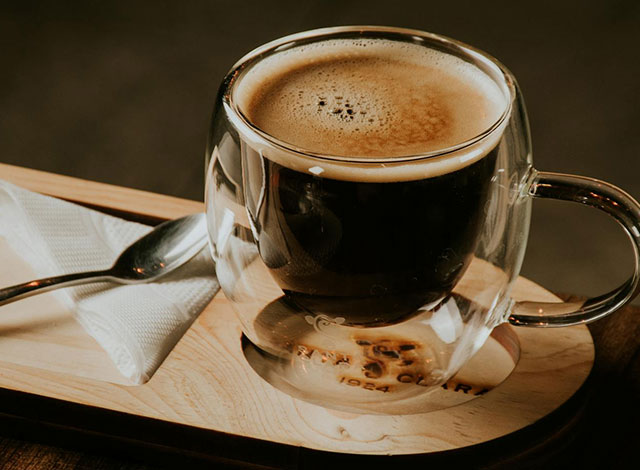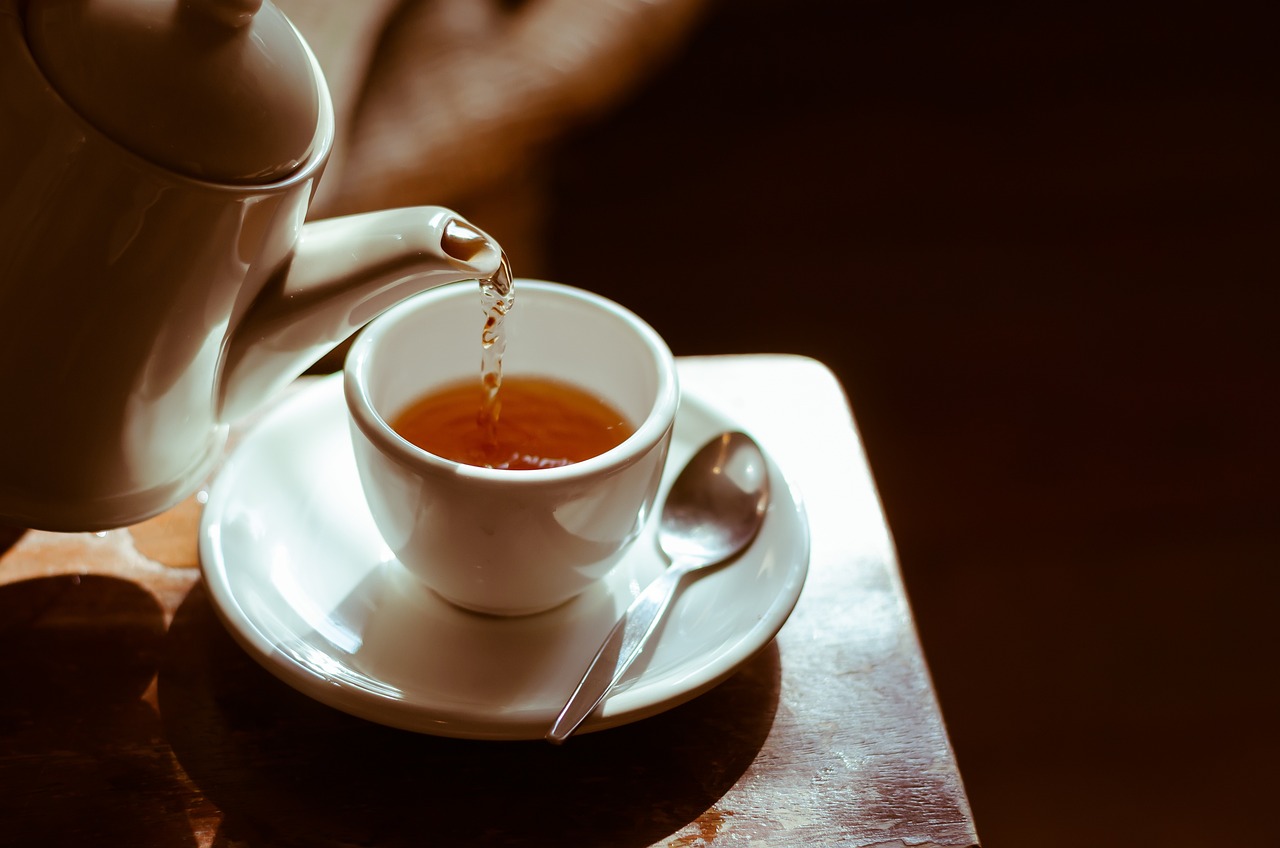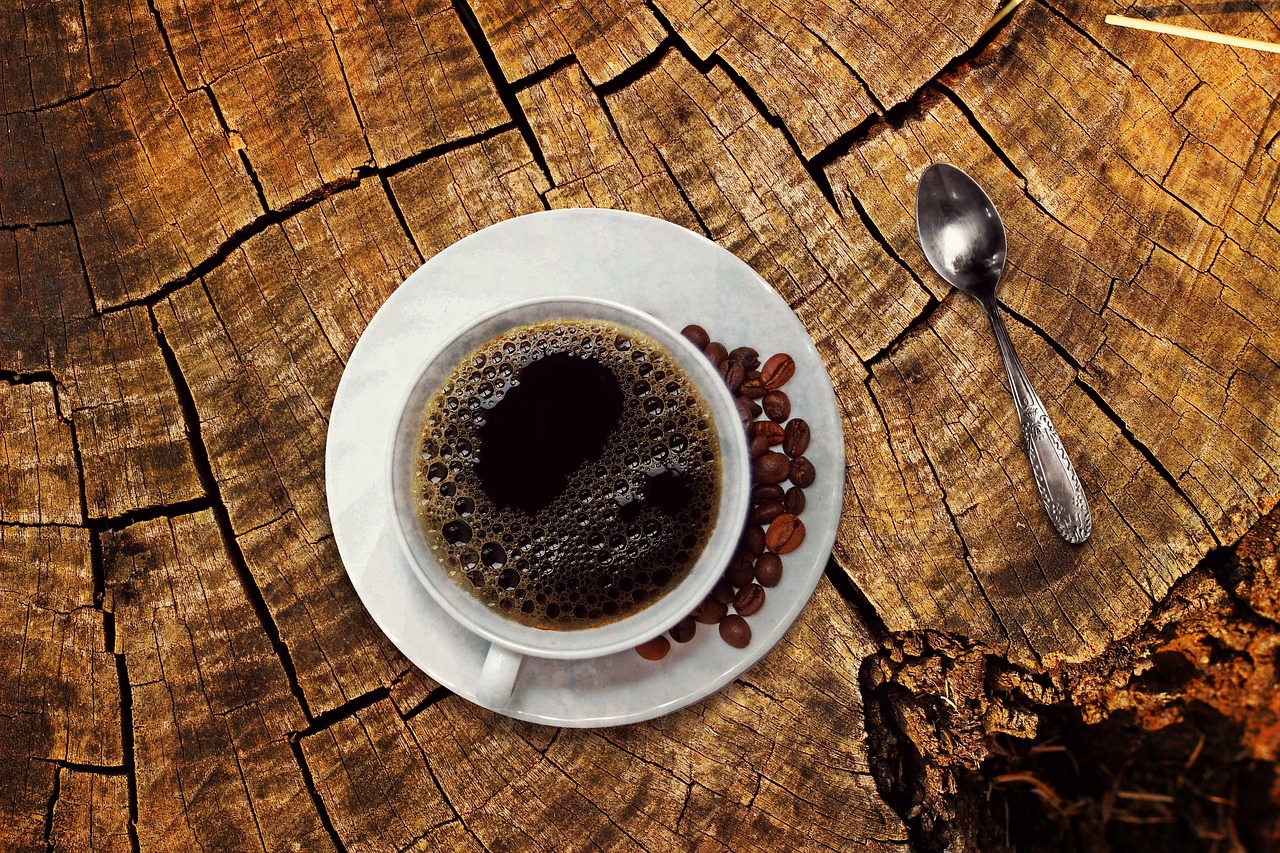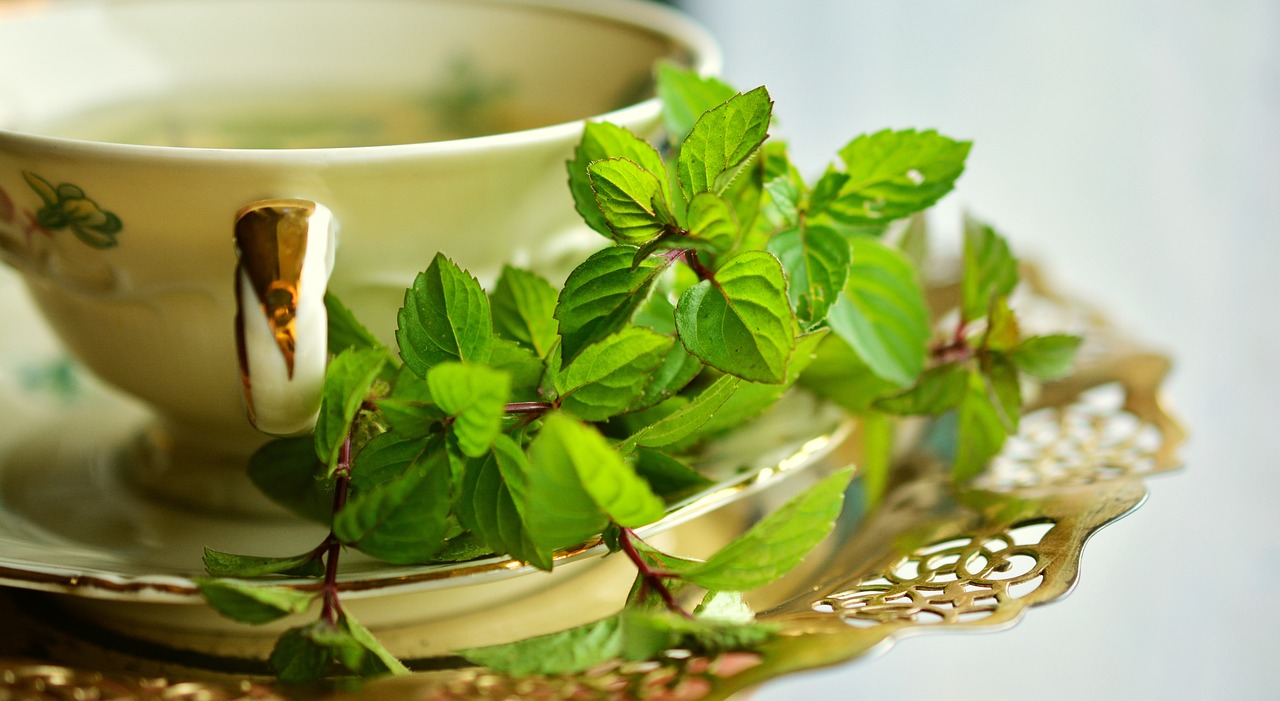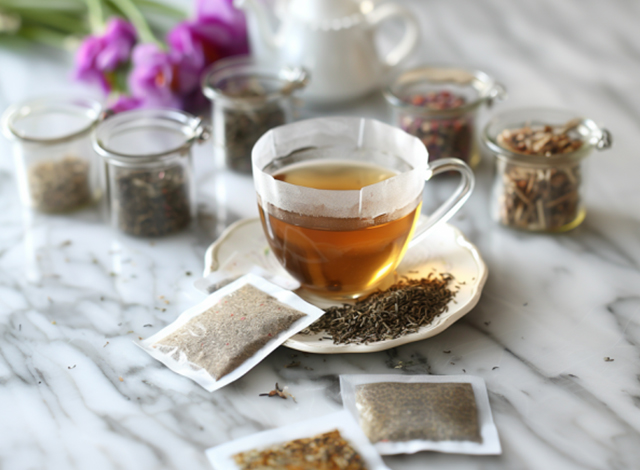Every social occasion evokes a predictable set of questions that tend to be universal: “How are you doing?”, “What would you like to eat” and most importantly, “What would you like to drink?” That last question always leads to a discussion between the two major drinks in society today: coffee and tea. Given the intense competition between the two, we decided to pit them against each other and see if we could figure out whether tea or coffee is better. Wish us luck!
-
Round 1: Trading caffeine advantages
Contrary to popular belief, caffeine isn’t restricted just to coffee; tea too contains this substance, although only half as much as coffee. If we had to be technical, each 250ml serving of coffee contains 95mg of caffeine compared to 47mg in a similar cup of tea. This goes well with the common image of the student trying to pull an all-nighter with mugs of coffee for company. Caffeine is known to stimulate the nervous system to make you more alert and improve your memory. Not only this, it can even reduce the risk of certain chronic diseases like diabetes, dementia and Alzheimer’s. Given all these advantages, coffee seems to have won this round.
-
Round 2: Punching back with antioxidants
Antioxidants are the next battlefield for our competitors. By protecting the bosy against radical damage, antioxidants help ensure that certain major diseases like cancer and cardiac problems remain at bay. Both tea and coffee have their own set of these substances, called polyphenols, that determine their taste and their health advantages. Both of them help inhibit the formation of plaque in the arteries and inhibit cancer growth to some extent. But tea has a secret weapon that gives it a great advantage over coffee: green tea. Filled with theaflavins, thearubigins, and catechins, green tea is the perfect drink to make sure the body receives the adequate dose of anti-oxidants and ensure that the body remains hydrated as well. Such a clear advantage means that this round goes to tea.
-
Round 3: When you start to taking hits
There is always another side to the story, however, as an excess of both drinks can take its toll on the body. Research has found that the caffeine in both drinks, if not moderated, can lead to individuals becoming anxious and experiencing a spike in their heart rate, ultimately leading to insomnia as well. Additionally, most people tend to have their tea and coffee hot, which may increase the risk of oesophageal cancer if drunk too hot.
Individually too, both these drinks have their own harmful effects. While having unfiltered coffee can lead to higher levels of bad cholesterol, tea often contains fluorides that may lead to brittle bones and osteoporosis as it tends to leach calcium from the bones. Also, adding milk to both drinks tends to negate some of their effects against cancer. So if one had to answer the question ‘What is more harmful: tea or coffee?”, the answer would most probably be inconclusive so we will have to call this round a tie.
-
The Verdict
Thankfully, unlike a court of law, not all conflicts in the world require a total victor. Both coffee and tea make strong cases for themselves as beneficial drinks, so the only way to distinguish between them is the preference that people have for one over the other. So whether you’re a coffee person or a tea person, the bottomline is that every drink has its own advantages and disadvantages which must be respected. So the next time you’re asked “What would you like to drink?”, know that you have to be prepared to answer the question that will eventually follow it: “What is better: tea or coffee?”


